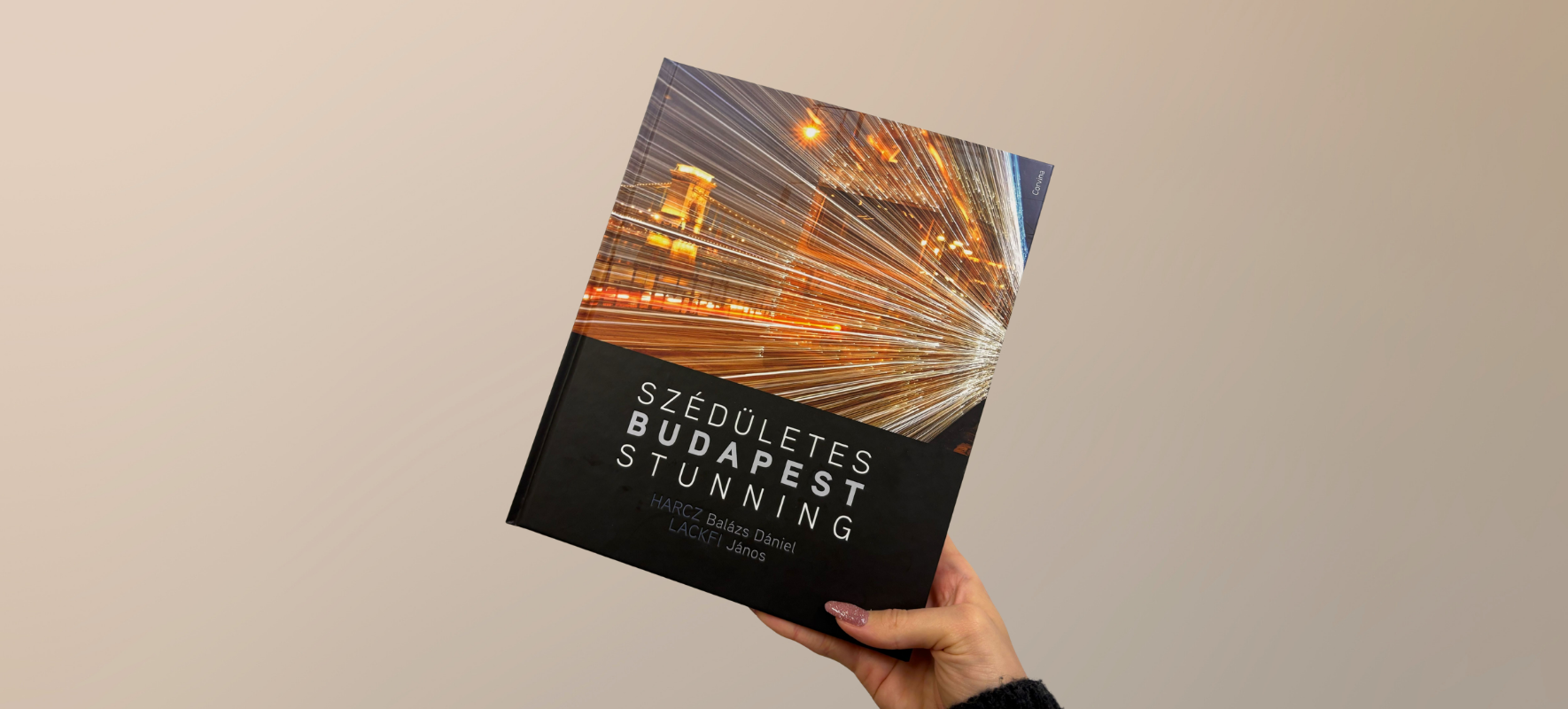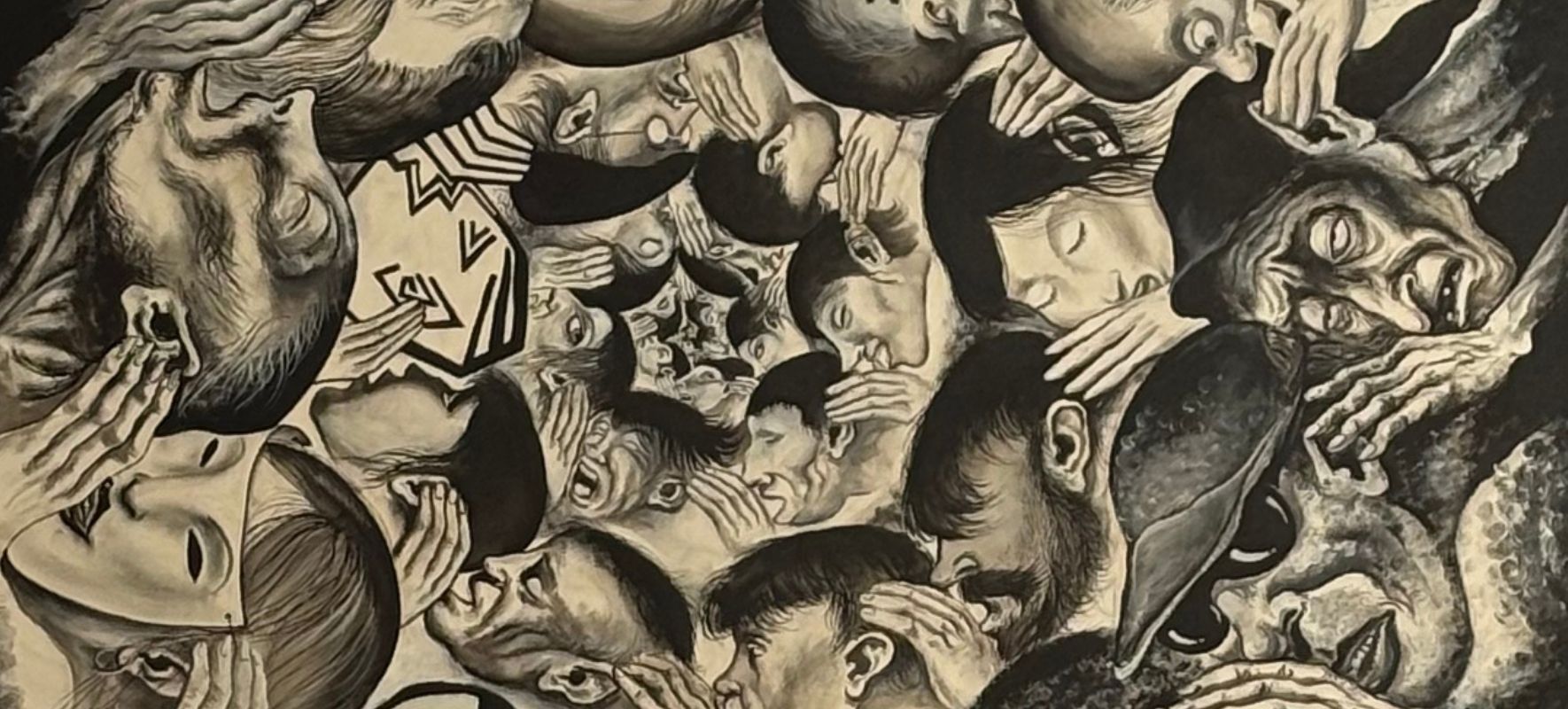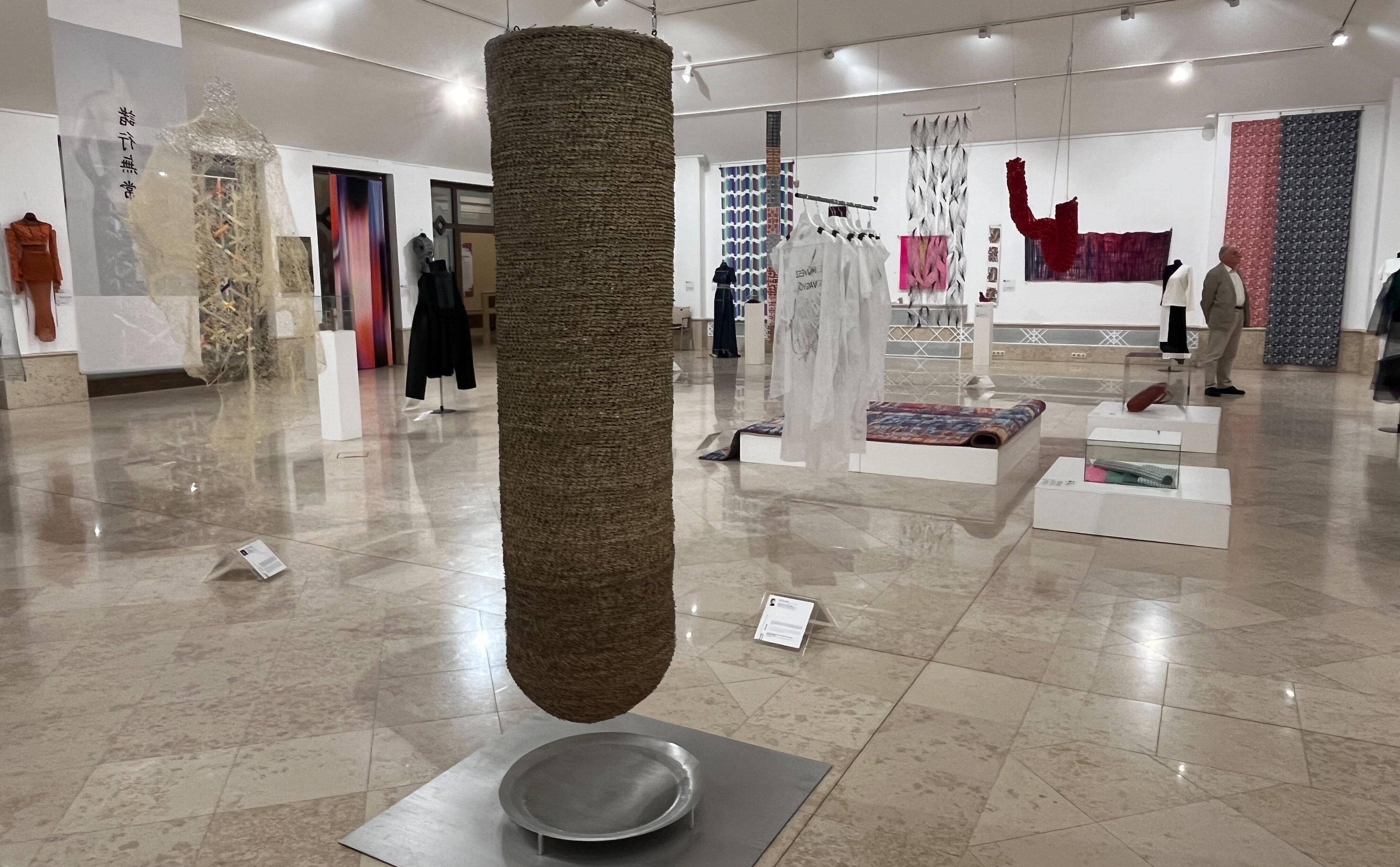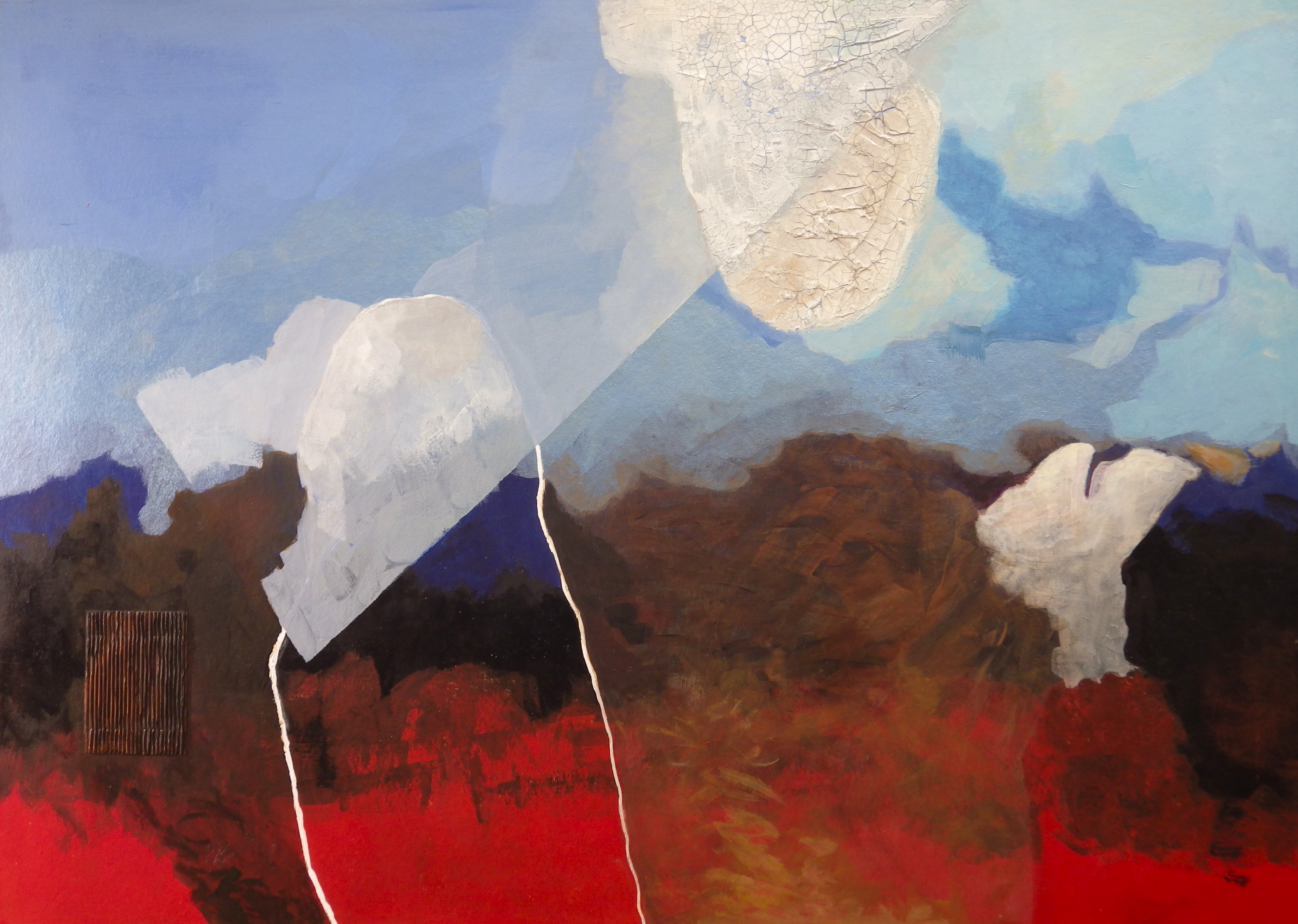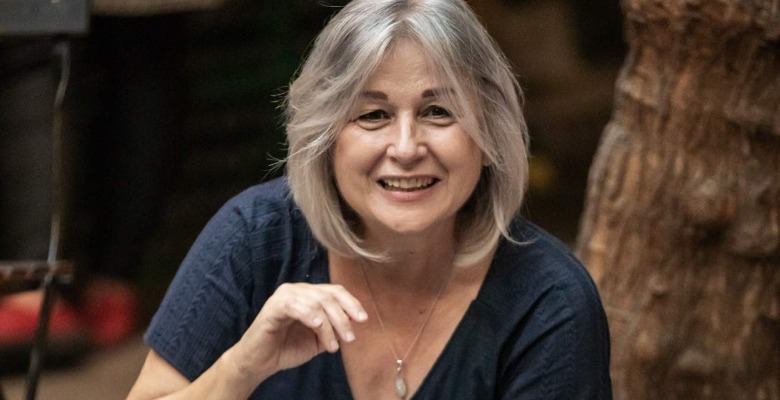
Pesti Vigadó interviewed founder of the art education method "Ringató", Hungarian Academy of Arts' Art Pedagogy Award and Hungarian Heritage Award winning music pedagogist Ilona Gróh about children's music education, the essence of the Ringató method, the structure of Ringató method's activity sessions and the uniqueness of the weekly Ringató events hosted by Pesti Vigadó.
Interview by Marta Zsuzsa Nagy
What is the Ringató method about? What is the essence of the method?
The Hungarian name of the method "Ringató" is a lovely creative name. The word itself conjures up enjoyable and positive experiences as it is related to being cradled. It has a pleasant sound, it is nice to say and is connected also to small children. I often remark that what I would like to achieve with this entire structure, method, network and the book series of the Ringató method is in fact manifold and quite varied. With the help of art education and, within it, through music education, I am striving to offer families with small children something that makes their lives better. My goal is to provide them with such joy, experience and beauty that is good for the soul. I would like to present these families with the joy and experience of joint singing and play.
Who is the Ringató method for?
What the Ringató method offers is primarily for parents; the little children involved are not yet taught at this age. Children below the age of 3 are not educated directly. It is rather the parents who are shown an example and a pattern that is worth following. This example or pattern is valuable: it is not rubbish, it is not kitsch, it is not something worthless, and neither is it yet another fashionable trend. Today the internet offers such a wealth of information and so excessive materials for singing that one can easily get lost in them. I am trying to help parents to overcome this problems and give them recommendations about what to choose, and to select what is really valuable and good for the soul. Currently I am working jointly with Hungarian psychotherapist Annamária Tari, who recently has produced a long study about how useful it is to take part in these Ringató sessions. The study describes how extensively a session and the entire situation can contribute towards mothers' experience, how they get calmer, how they get reconciled with themselves and how effectively these sessions are capable of alleviating the symptoms of postpartum depression.
Ringató session (source: Ilona Gróh)
What is the structure of a session like?
These tradition-oriented, intimate 30-minute-long sessions, like the ones that are also hosted by Pesti Vigadó, are for families with small children. Mothers and fathers bring their children under the age of three to these sessions, and we are more than delighted to see grandparents taking part as well. We would like to encourage parents not to be afraid of their voices and singing. They should try out singing here with us, in this helping community. Session leaders are to help participants: they will create the right mood and emotional state for parents to start singing and playing together. For this, we create and ensure a very relaxed, calm and peaceful atmosphere and we certainly work with very well-prepared colleagues, who are very skilled and are exceptional experts: all 150 of them both in Hungary and abroad. All sessions have a special structure and an emotional span, which serve the purpose of providing an emotional experience. All sessions start and end with some joint singing, which frame the sessions. During the sessions there is a lot of "lap play", all connected to movements. During these lap play stages we take the children to our laps, dandle them, bounce them on our laps, caress their palms, tickle their bellies, lift them up in the air, sway and play with them. From these activities, we prepare series of activities and show these series to the parents and grandparents this way teaching them how to select those activities that will entertain their children at home. At the sessions children participate of their own will. We never expect children to sit in their parents' and grandparents' laps, clap their hands and sing. If children feel like it, they will engage in the activity, otherwise they are simply surrounded by these stimuli. Usually we have the following arrangement. We position the chairs in a circle in a relatively empty room, and place a mat in the middle. There is no playing, no musical instruments are distributed and no other objects or instruments are used for the activities. This is a very peculiar feature of the Ringató sessions. In the scope of this activity, the instruments are the session leaders themselves. They lead the game and they are well-prepared, but they can also improvise if necessary. They sing well, play instruments and have a huge amount of musical material at their disposal. It is the adults themselves I wish to motivate and for that there is no need for either puppets or rattling toys.
What kind of musical pieces do you select for these occasions?
The methods Ringató sessions apply are built on the lifework and musical education principles developed by Hungarian music composer Zoltán Kodály and Hungarian music pedagogist Katalin Forrai. We select mainly from among Hungarian folk songs originating from Hungarian regions, Transylvania and Historical Upper Hungary, but we also use other nations' songs. We use numerous poems by Hungarian poet Sándor Weöres and also select from among contemporary children's songs. In the past weeks we sang songs by contemporary Hungarian singer Bea Palya. We also sing a lot of songs for adults: the psychological condition and mental state of the parents are important as young children will feel inevitably exposed to these moods. If the mother regenerates during a 30-minute-long session, and if the melody that she hears and engages in singing will come back to her – to her ears and to her heart – at home and if she sings a song such as the one beginning with "Sleep my honey, sleep; sleep my heart and soul" to her child, then the entire session is worth the effort. We sing not only lullabies but also songs presenting every kind of mood that the human soul is capable of experiencing (as the human soul is very multilayered), and we try to present such moods through our songs.
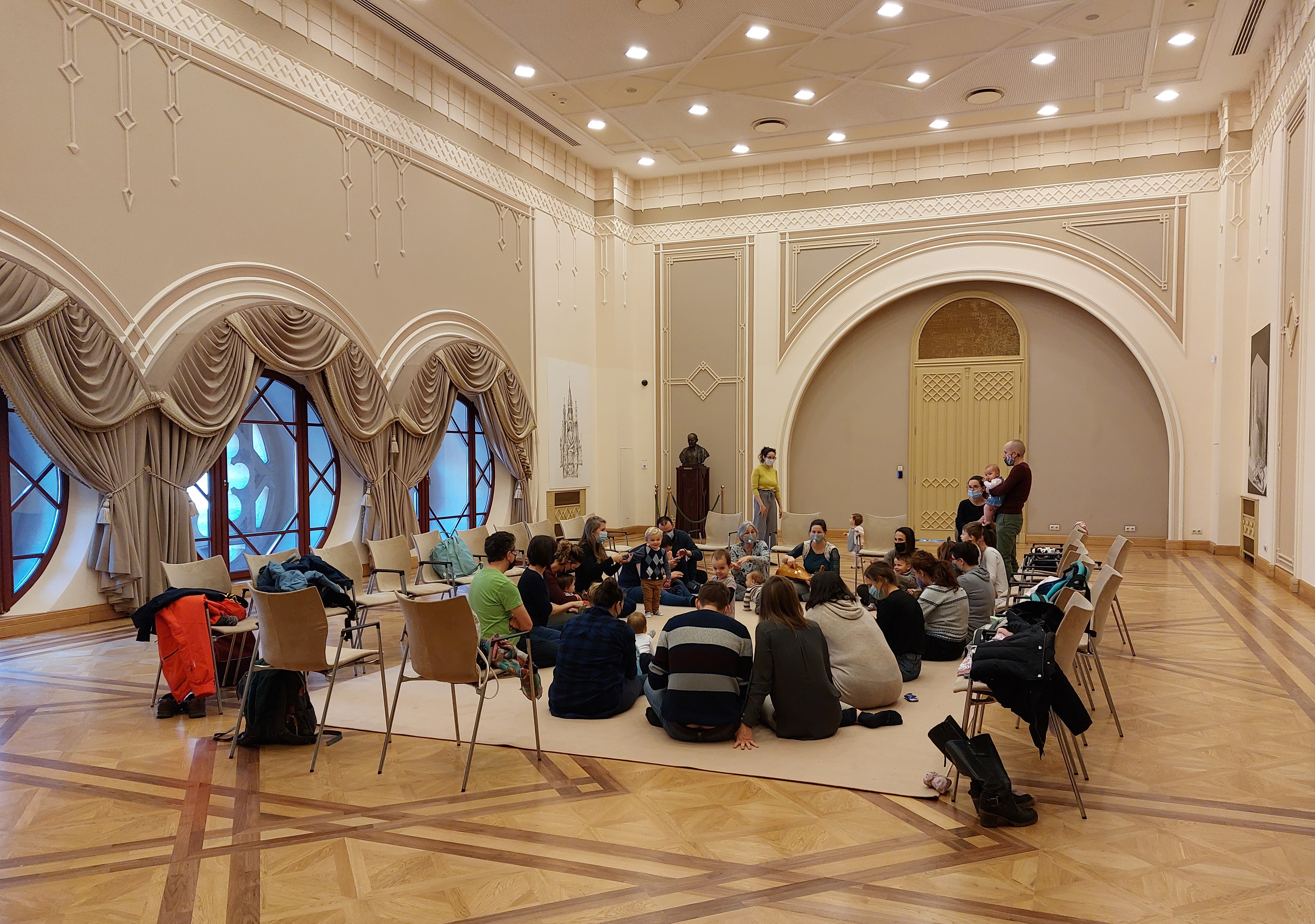 Ringató session in Pesti Vigadó (source: Pesti Vigadó)
Ringató session in Pesti Vigadó (source: Pesti Vigadó)
How and when did you conceive of the idea of the Ringató sessions?
I had a very happy childhood and I have a lot to thank to my parents and the Komló (Hungary) based Kodály Zoltán Music and Singing Primary School, where I had exceptionally good teachers. I had to idea and calling that I would like to make others acquainted with all the good things I had received from life and my teachers. The idea of the future Ringató sessions struck me when I started teaching future kindergarten teachers at the Szekszárd (Hungary) based Teacher Training College. At a college level nobody dealt with or taught what kindergarten children can be expected to perform in the field of music or singing. It was for this reason that I and a colleague of mine consulted the internationally renowned professor of the topic music pedagogist Katalin Forrai. She taught us what music education entails in the kindergarten. We learnt what one should do to make children like music, love riddles and the rhythm of rhymes, and we were also shown how to teach children to sing. Then I became interested in what happens before music education in kindergarten begins and how families manage music education at home. So I started to teach educators teaching children in chèches. At the same time, I prepared a short film about the way I sang to and played with my then 3-year-old daughter so that I could show mothers with young children how to address music education with children under 3 years of age. One day after a kindergarteners' music education session, a mother and a young child came up to me, and the mother said her little daughter very much liked the sessions and asked if it was possible for her to bring her smaller child, who was around 1 year old. It was in 1991 and many of the mothers at that time stayed at home with their children up until the child reached the age of three. Then some more mothers with young children came to the sessions and there was more and more of us at these events. Ultimately the news of this initiate also reached the general public including those living in Budapest. Today, people living outside Hungary and Hungarian communities worldwide also know, practice and educate about the Ringató method, which activities also extensively contribute to creating communities.
Back in 2017 this initiative featured among Pesti Vigadó's "Open Doors" Day events. And since autumn 2020 you have been present in Pesti Vigadó continuously: parents and grandparents with young children are awaited on Monday mornings to attend these Ringató sessions and this event series will continue throughout the year. In what way does Pesti Vigadó's historic and imposing interior and ambience contribute to these sessions? In what way is a Ringató session different at this place from others held elsewhere?
Parents will experience a very distinct interior and ambience in Pesti Vigadó: one that cannot be experienced at any other place. These rooms and halls captivate the participants and call for admiration. Here the beauty one finds in this building will further enhance the experience: the wonders of the architecture of the place, Hungary's unique environmental culture and the entire spirit of the building contributes to Hungarian folk songs in a way unexperienced elsewhere. At this place melodies composed by Zoltán Kodály will be sung by adults and their children visiting these sessions in a way that music and voice seem to fly about the huge arches of the building this way creating a real miracle. I am very grateful that we have the opportunity to stage Ringató sessions in Pesti Vigadó and my intention is to acquaint as many people as possible with this building.
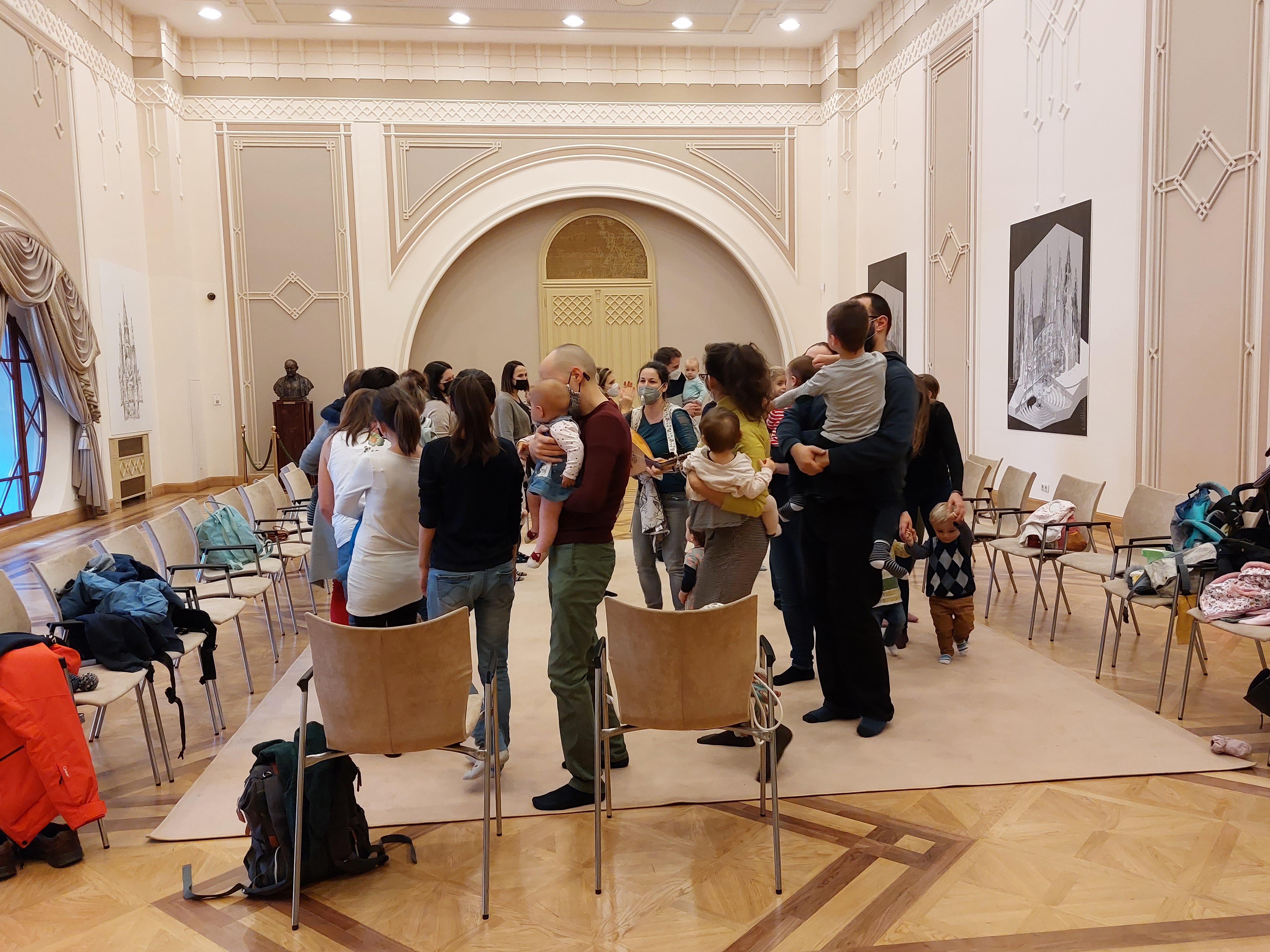 Ringató session in Pesti Vigadó (source: Pesti Vigadó)
Ringató session in Pesti Vigadó (source: Pesti Vigadó)
The Ringató event series works with many session leaders, is offered at numerous settlements and at many locations. What lies behind your success?
In my understanding, our secret lies in the fact that these sessions offer a sense of belonging to a community. Those attending these sessions have the opportunity to be part of a community in an isolated world we all experience. This community is a meeting place for young families of similar ages who experience similar ways of thinking, problems and life situations. Here they belong to a community where they and their children are provided with and are exposed to something valuable, which is a very important thing. On the other hand, another thing that contributes to our success is that those colleagues I work with and whom I select are fantastic people. There is even an aptitude test for colleagues wishing to work at Ringató sessions. Actually, not each of these colleagues is a music pedagogist – we have colleagues who are ophthalmologists and landscape and garden engineers by profession and there is even an opera singer who graduated from Liszt Academy – but all of them are well-trained musicians. Apart from being able to sing beautifully and to play instruments, they are very much fond of these sessions, they believe in them and are very committed to the idea of Ringató.
It is not only sessions that you offer in the company of your daughter but you also publish a special series of books called Ringató Books. What are these books about?
These books are collections of songs for families and children: song books with images for children and editions of children's tales including CDs with folk songs. We have just recently established our own publishing company called Ringató Kiadó.
Why do you find it important that young children be exposed to music at a very early age, when they are only a few months old.
Children experience such psychological enrichment through music and through art in general that such experiences will make them become real people. It is important to make some kind of contact as early as possible with small children or even foetuses inside their mother's wombs. A young child does not understand long and elaborate sentences, they do not gather the meaning of these sentences but they can sense the mood of such utterances and even the mood of prosaic speech. If I speak quickly and loudly, the little child will not understand what I am saying but will definitely feel that I am agitated and that there is something wrong. Rhymes for nursing children as well as meaningless but interesting-sounding texts are not created unintentionally. Take Lewis Carroll's verse, for example: "Twas brillig, and the slithy toves, Did gyre and gimble in the wabe: All mimsy were the borogoves, And the mome raths outgrabe". Through their rhythm these texts impact children and it is of secondary importance that these texts are in fact meaningless. When Hungarian poet Sándor Weöres wrote about his attitude to verse, he said that he was not interested in the meaning of his words but the way they sound and ring and clang, and to him this is what mattered. These words give us joy, offer us aesthetic beauty, and they will also contribute to the formation of children's soul thereby making these little kids more responsive and open to arts.

